Many Baby Boomer trends prioritized excitement and convenience over safety. Many things that were the norm for Baby Boomers have since been identified as a risk to people’s health or safety. Here are 18 popular but perilous trends from the Baby Boomer era.
Lawn Darts
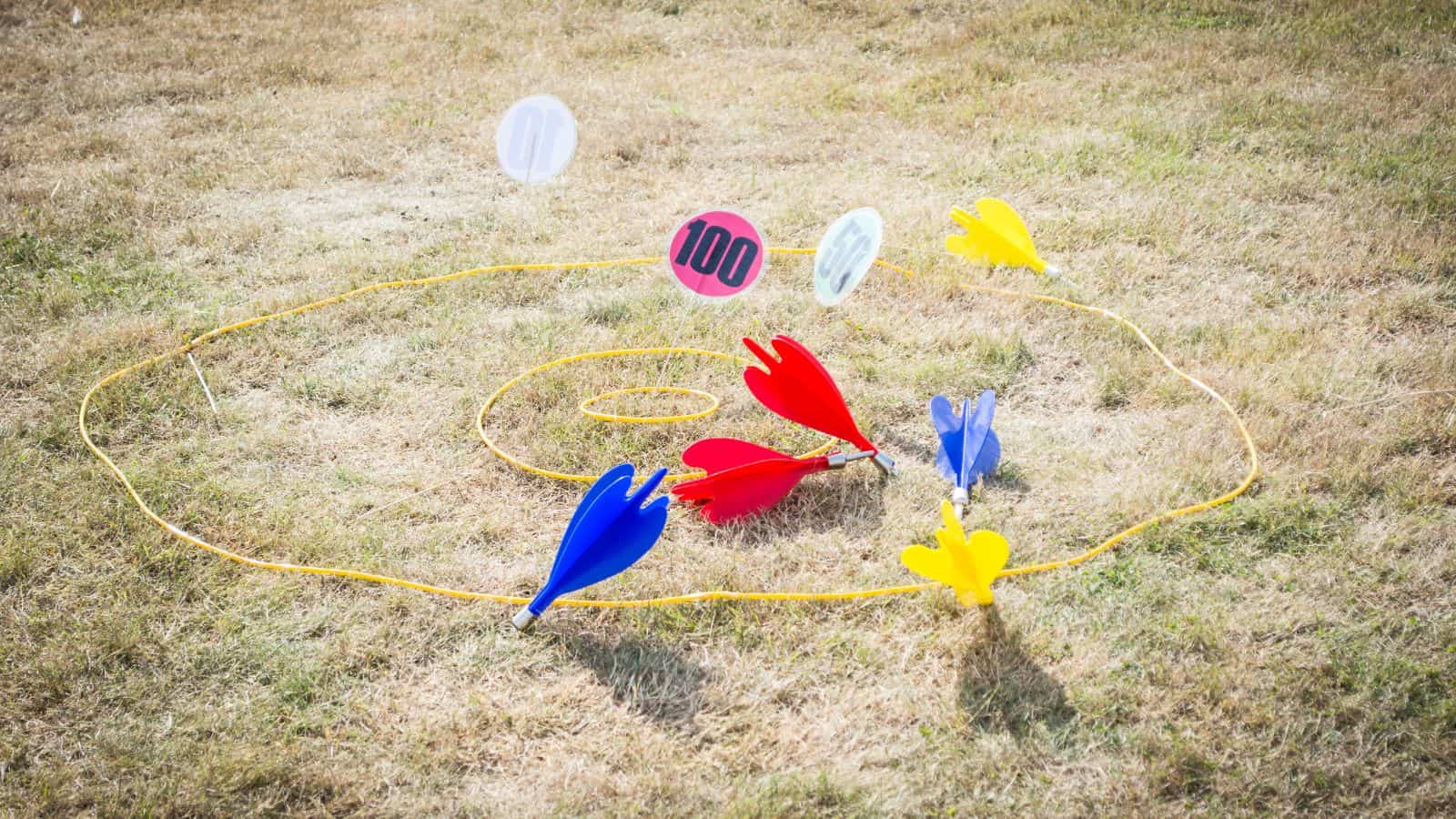
Initially seen as harmless fun, lawn darts were eventually banned, as they “present an unreasonable risk of death or serious injury,” according to the Consumer Product Safety Commission. The original heavy lawn darts with pointed tips have since been replaced by lighter darts with rounded tips for better safety.
Car Surfing

For those who might not know, car surfing involves riding on top of a car that’s being driven by another person. Why did anyone think this was a good idea? Not surprisingly, there were many notable accidents and fatalities associated with car surfing.
Sunbathing Without Sunscreen

We all love laying out in the sun on a hot summer’s day! However, Baby Boomers actually put themselves in danger whenever they sunbathed, as they didn’t use sunscreen. There used to be a severe lack of awareness regarding UV radiation and skin cancer.
Smoking
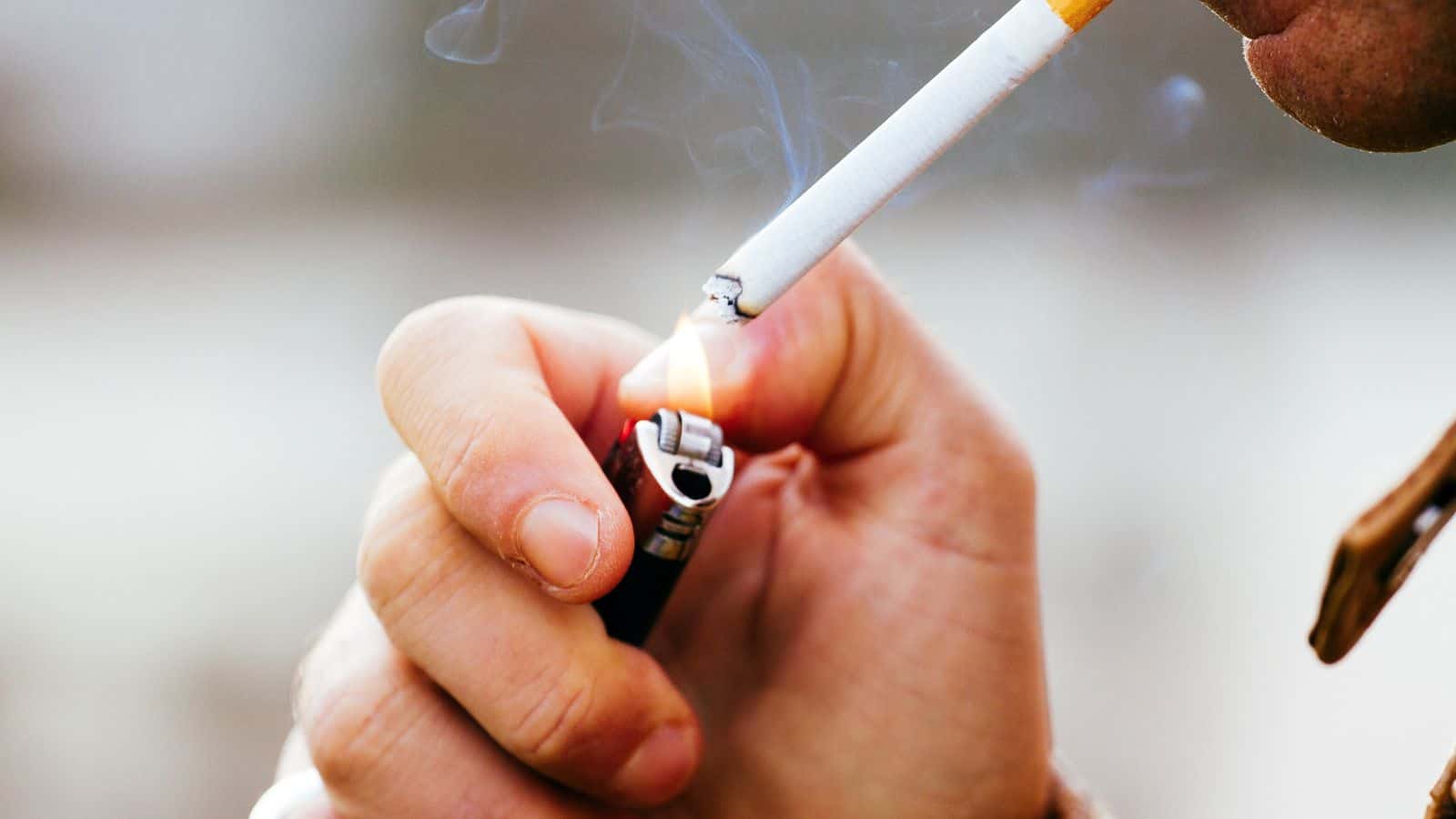
Smoking used to be glamorized in movies, TV, and advertisements. In the Baby Boomer era, if you wanted to be cool, you smoked! It took a while for the health risks associated with smoking to sink in and be accepted by society.
Asbestos in Homes
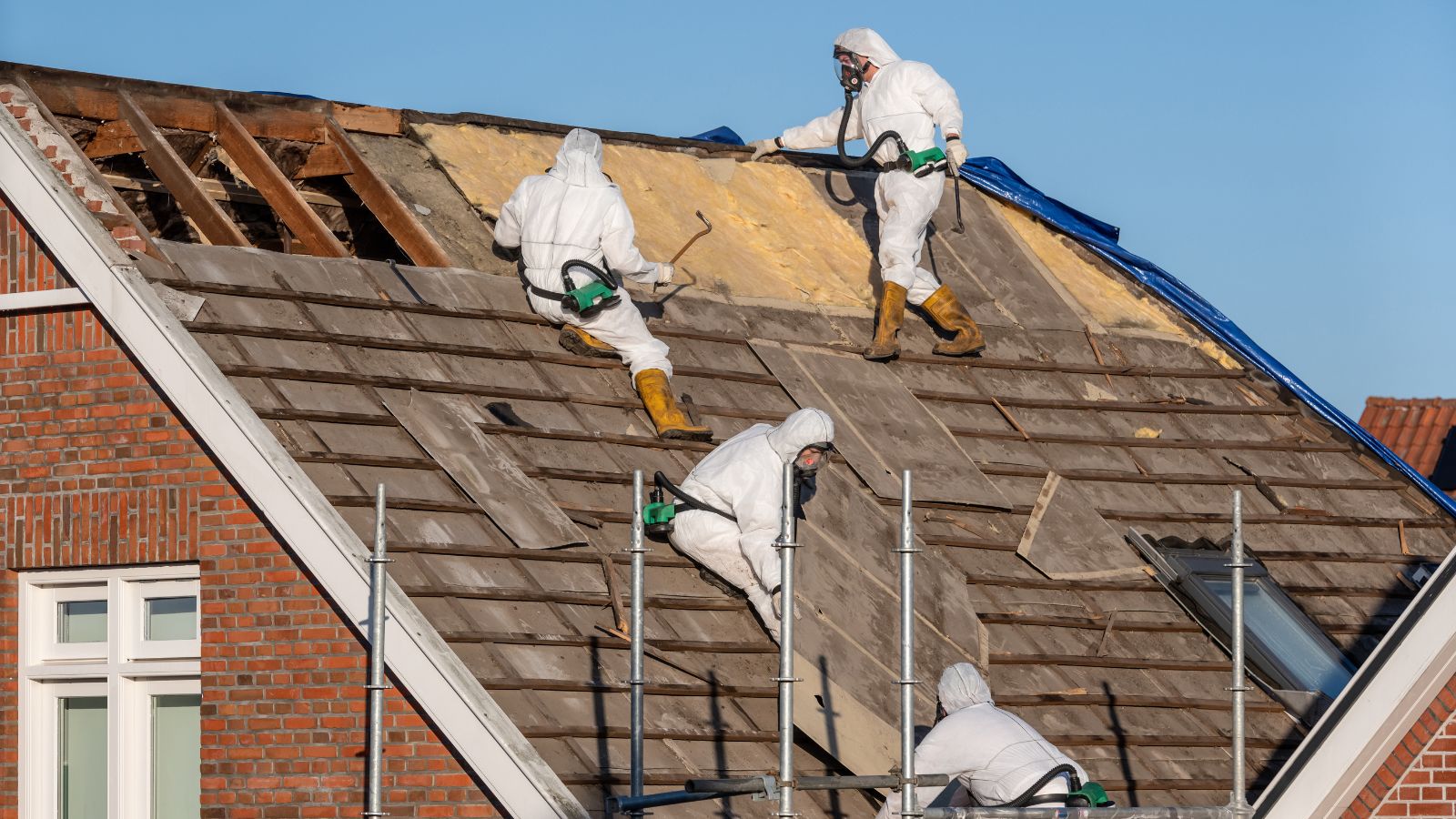
Asbestos was a popular material to use in building homes because it was a great insulator, fire-resistant, readily available, durable, and, most of all, cheap! People didn’t realize the dangers and health risks associated with asbestos, such as lung damage and potentially cancer, until much later.
No Seat Belts

Seat belts were a mere inconvenience to Baby Boomers! This vital car safety feature was rarely used back in the day. In fact, Business Insider says that “as late as 1983, fewer than 15% of Americans said they used seat belts consistently.”
DIY Electrical Work
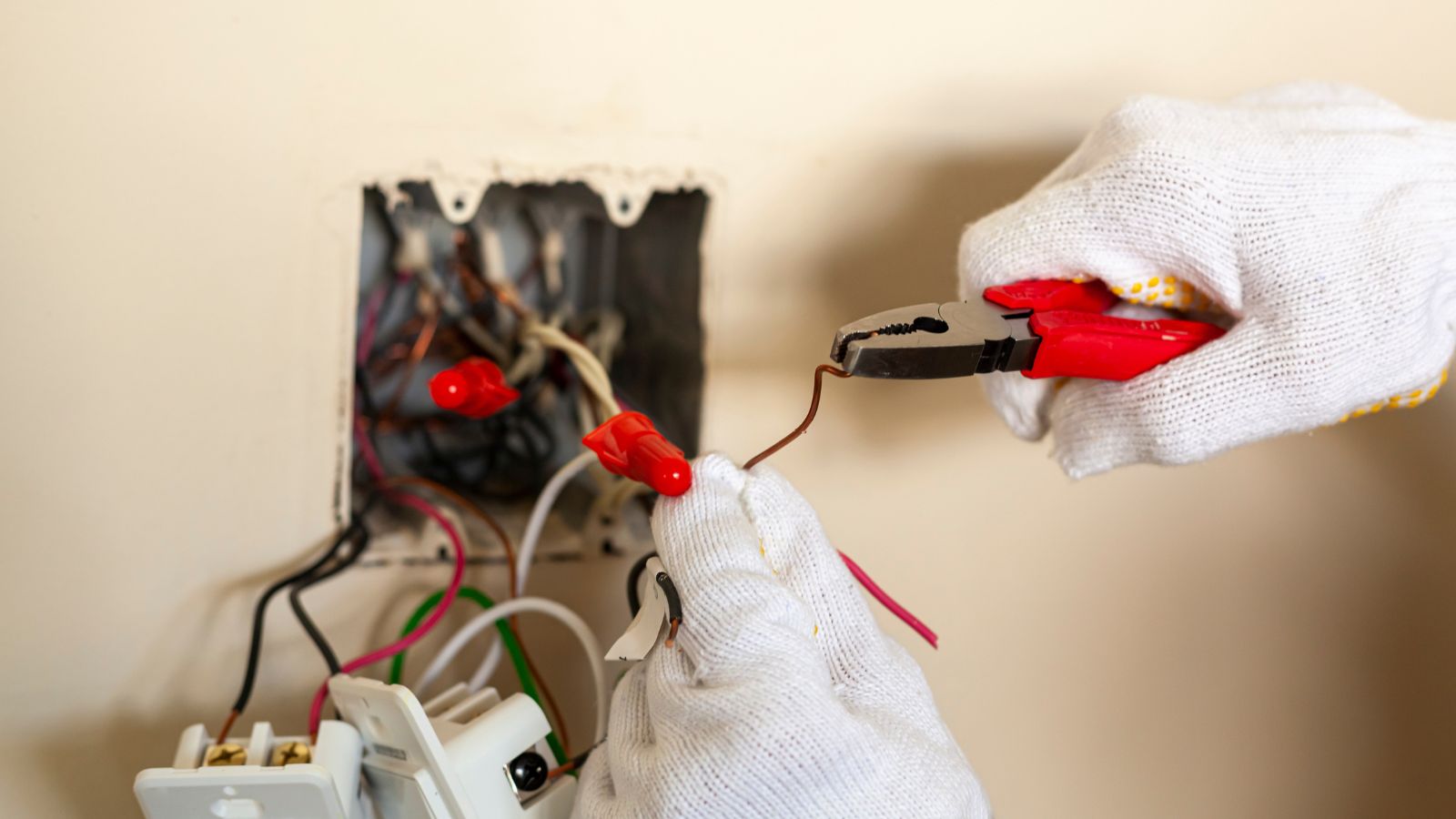
We wouldn’t dream of doing our own electrical work now with all the regulations and standards that you have to meet! But things were much simpler (and far more dangerous) for Baby Boomers, as many people would do their electrical work themselves without proper training.
Drinking and Driving
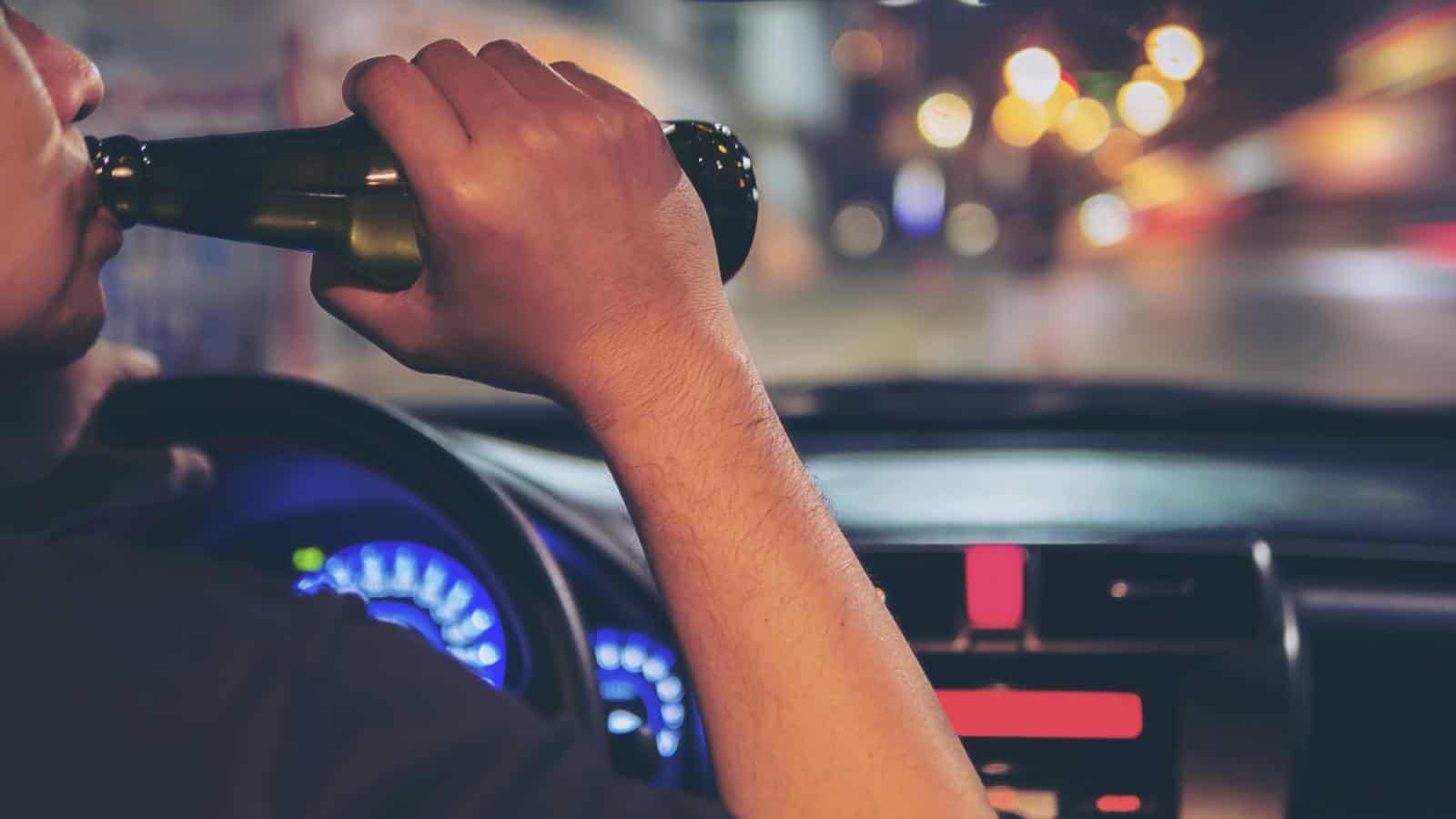
Now a serious criminal offense, drunk driving was a socially acceptable thing to do in the early Boomer years. Can you believe it? Public campaigns and advocacy for rules to be put into place changed society’s attitudes toward drinking and driving and led to blood alcohol limits being established.
Hitchhiking

From a young age, we’re taught never to get into a stranger’s car, but as crazy as it seems, hitchhiking was a popular way to travel among young people in the Baby Boomer generation. Many horror stories emerged over time, which led to hitchhiking’s decline in popularity.
Contaminated Halloween Candy

There was a mixture of urban legends and real reports of Halloween candy that had been contaminated or tampered with, causing harm to children. Various Halloween safety campaigns grew out of these horrifying stories, and people began to change how they approached trick-or-treating.
Mercury in Toys

Terrifyingly, mercury used to be used in various household items, including children’s toys! The World Health Organization (WHO) states that “mercury may have toxic effects on the nervous, digestive and immune systems, and on lungs, kidneys, skin and eyes.” It’s also especially bad for children’s development.
Extreme Diets

If you want to be fit and healthy, don’t do what the Baby Boomers did! Crazy, nutritionally unbalanced diets were a popular trend back in the day, but these fad diets had various health consequences. Since then, there has been a shift towards more scientifically-backed, healthy diets.
Fireworks at Home
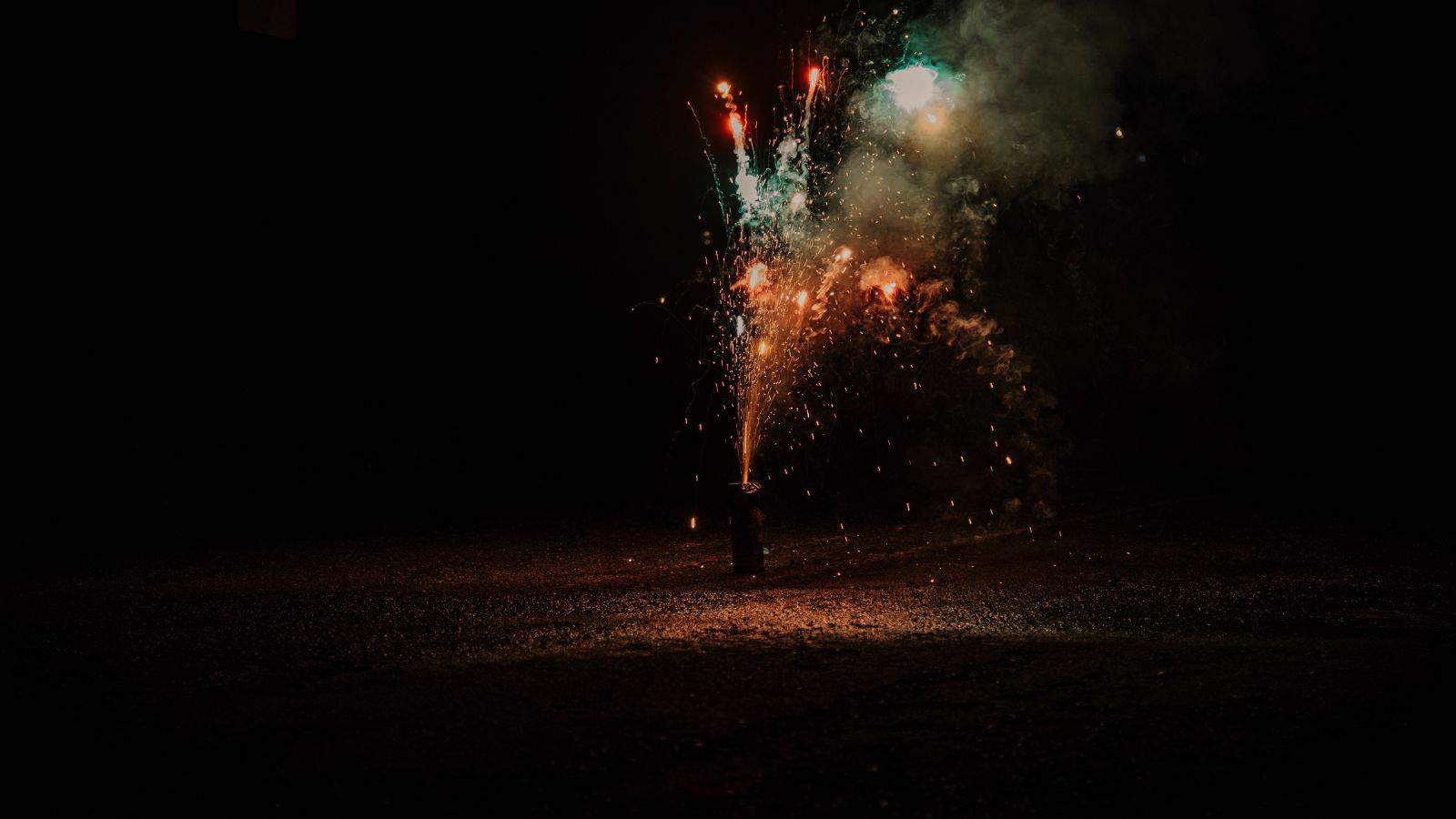
Personal firework displays in your own home used to be greatly popular. Reports of injuries and fires caused by not handling fireworks properly began to appear in the media, which encouraged the tightening of regulations and safety guidelines relating to fireworks.
Lead-Based Paint

The Baby Boomer era saw widespread use of lead-based paint in homes due to the lack of knowledge of lead’s harmful effects. With advancing knowledge and scientific discovery, people have since come to understand that lead-based paint has toxic effects, particularly on children!
Radon Exposure
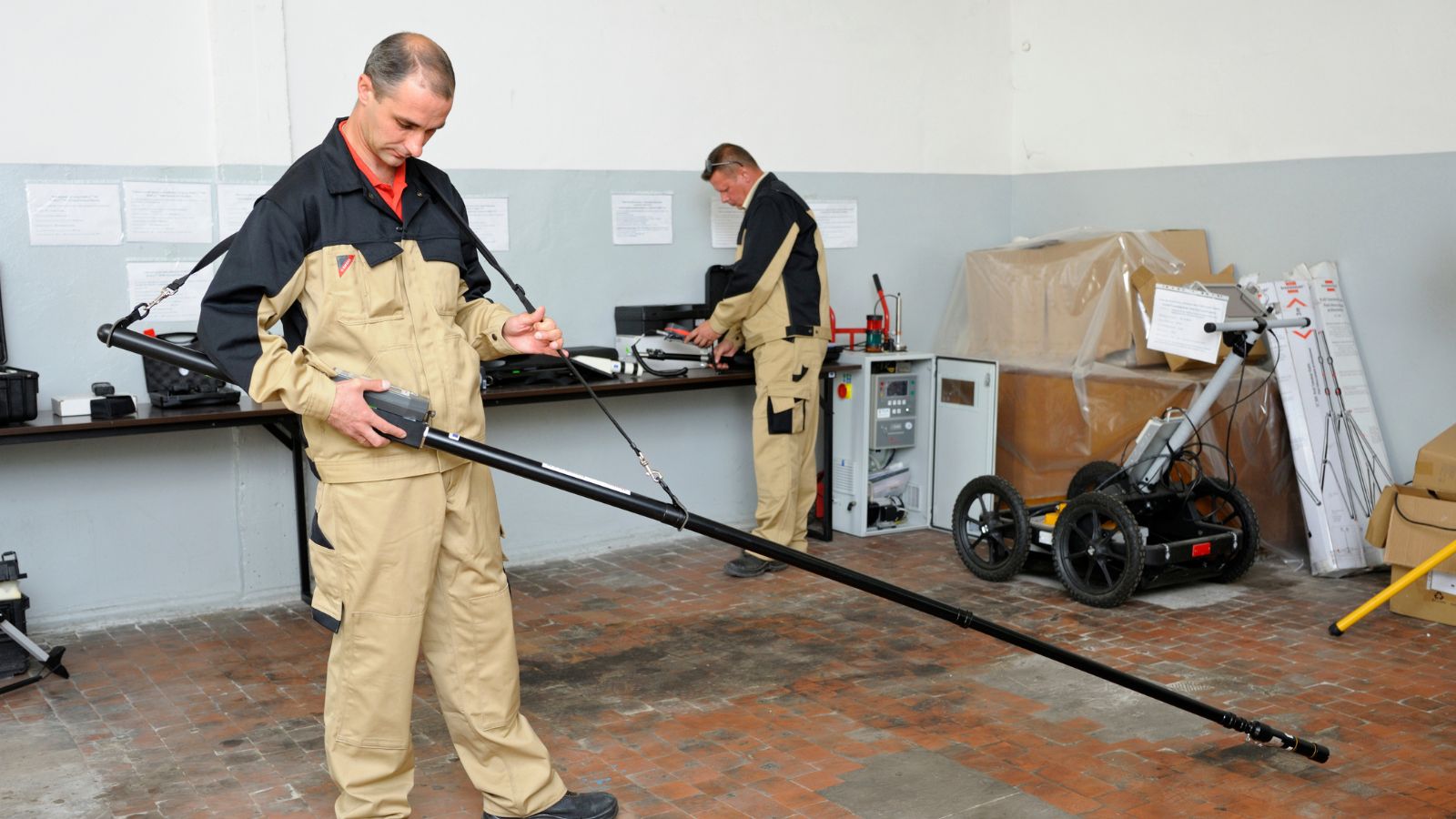
The Cleveland Clinic describes radon as “a colorless, odorless, radioactive gas” and says that “if a person is exposed to high levels over time, it can cause lung cancer.” Baby Boomers were dangerously unaware of the risks associated with radon exposure.
Unsafe Playground Equipment
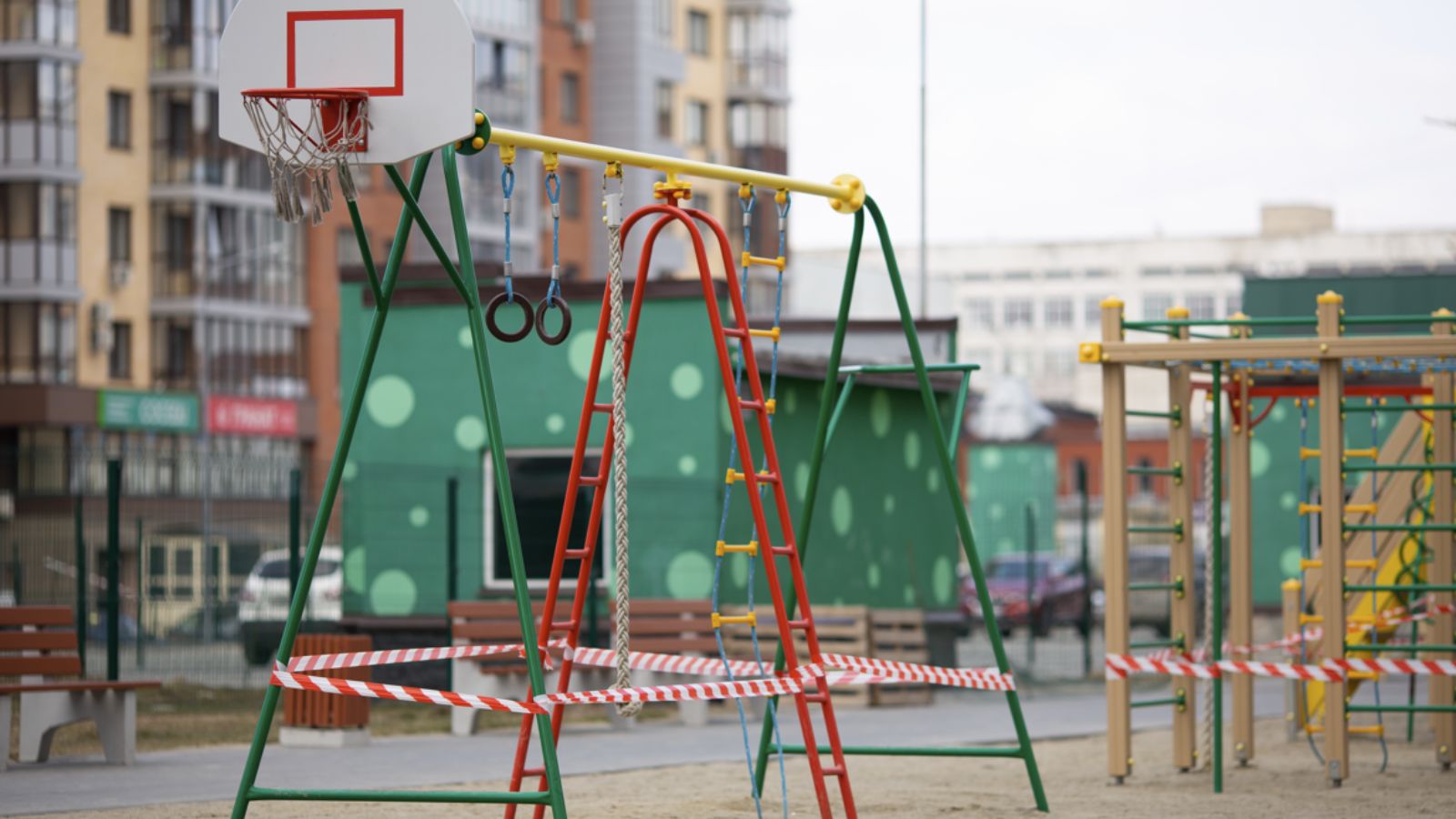
The playground equipment that children enjoyed in the Boomer era was often dangerous, usually made of unsafe materials, and designed in unsafe ways. Parents and communities gradually became more aware of these safety concerns, which led to reforms in playground safety standards.
Pesticides in Gardening
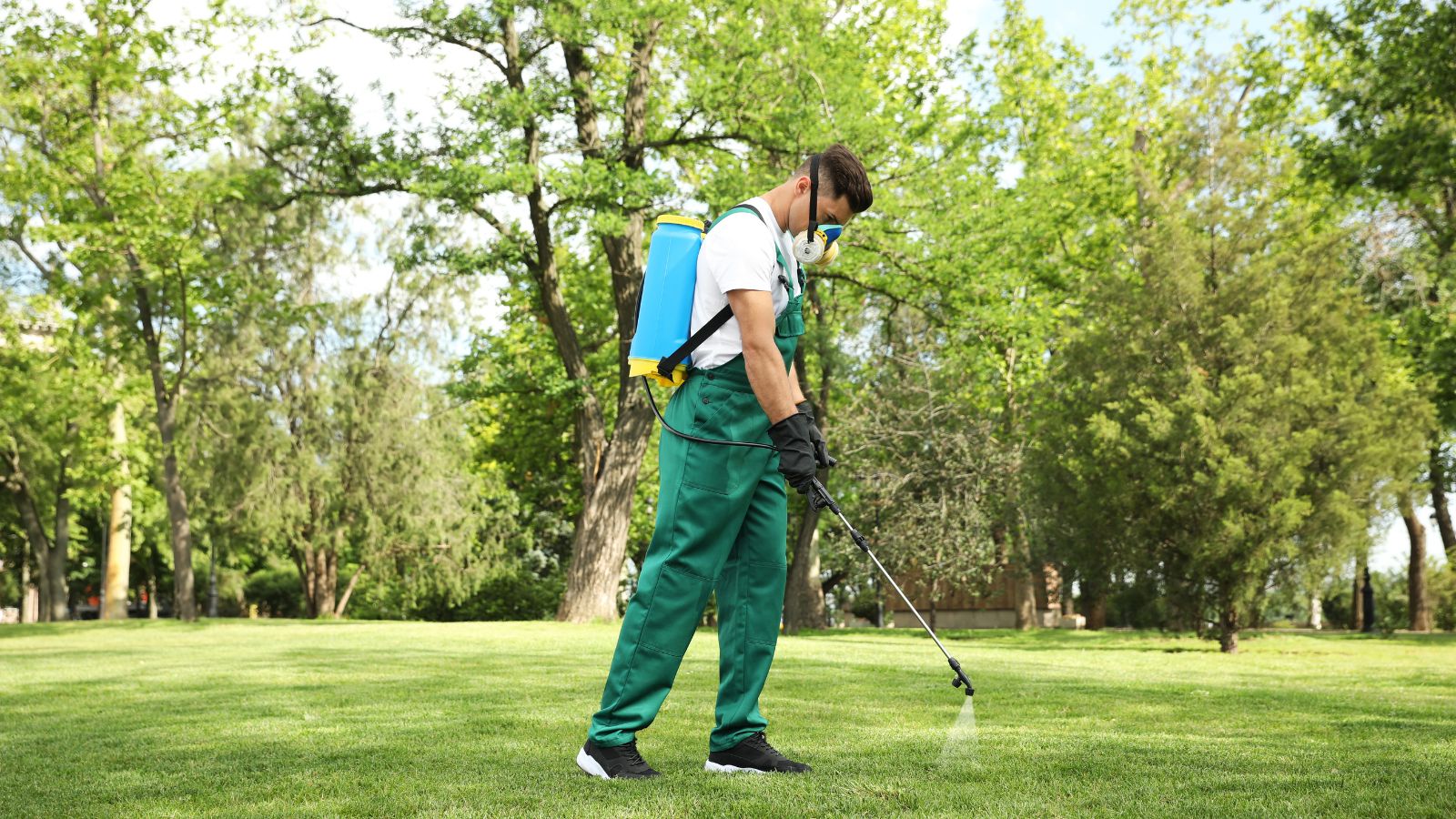
The Boomer generation widely used many different types of pesticides without knowledge of their harmful effects. They were just a convenient way to protect crops from pests! Pesticides were later discovered to have a variety of negative health and environmental impacts.
Unsupervised Swimming
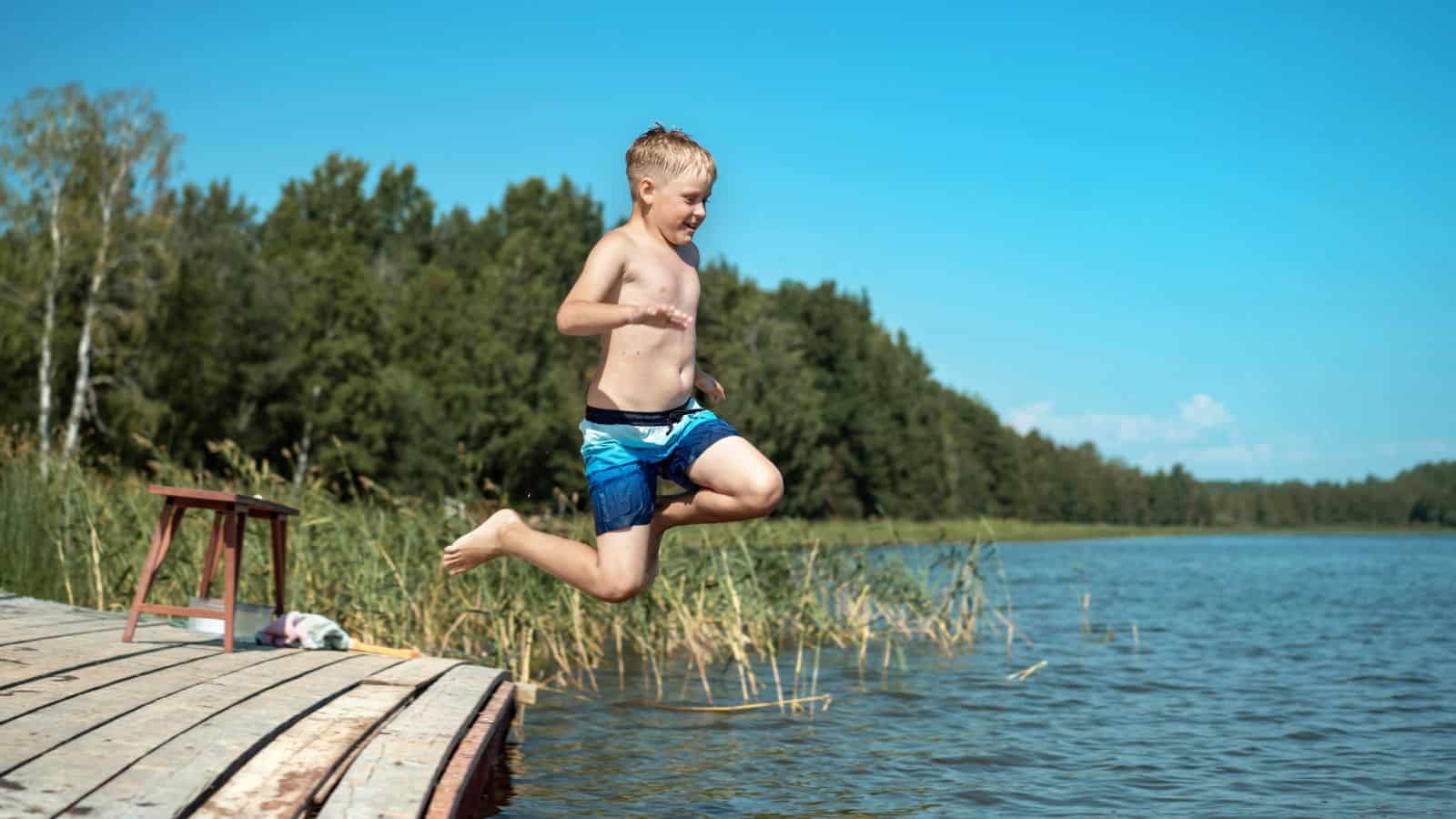
Back in the day, children and teenagers would frequently go swimming without any supervision or safety measures in place. After a while (and a few drowning incidents), lifeguard services and swimming education programs began to be introduced to improve swimmers’ safety.
Up Next: 18 Reasons Why Men Get Grumpier As They Age

You might read this and be able to relate, or you may feel you’ve become grumpier the older you’ve gotten. Or maybe you know of a male friend or relative who has. Here are 18 reasons why men get grumpier as they age.
18 Reasons Why Men Get Grumpier As They Age
17 Products Millennials Refuse to Buy and It’s Affecting the Economy

Millennials have been the center of so much media attention due to their spending habits. Their unique ways of spending have built up and crushed many traditional industries. In this article, we look at 17 things millennials stopped buying and how that has impacted society.
17 Products Millennials Refuse to Buy and It’s Affecting the Economy
Where Even Truck Drivers Won’t Stop

Truck drivers tend to be hardy souls—well-seasoned travelers who aren’t often afraid to rest up or refuel in risky locations. However, there are certain U.S. locations that even the most road-weary trucker refuses to stop at for fear of criminal activity or natural dangers. Here are 17 such locations that even experienced truck drivers approach with trepidation (or not at all).
